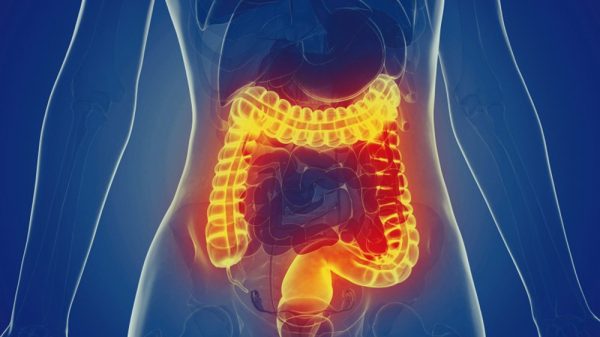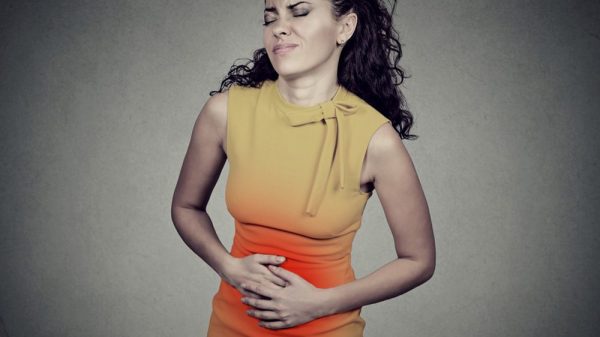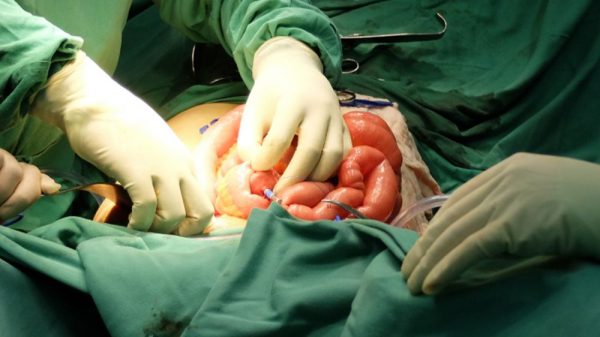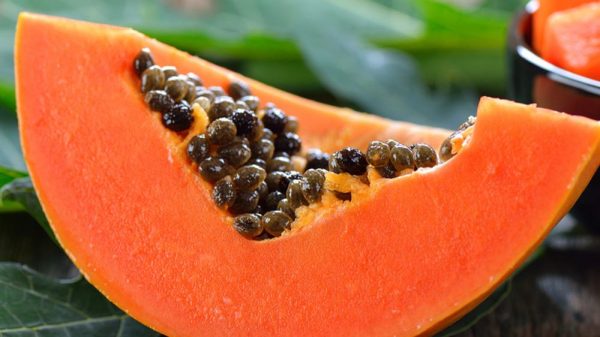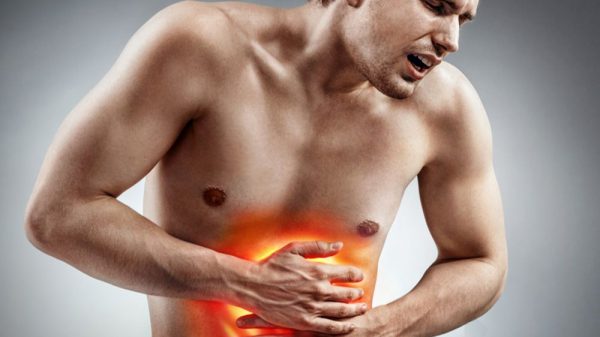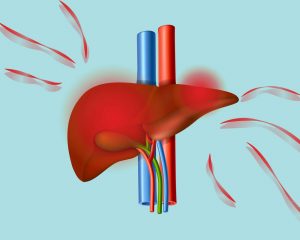Protein is a critical nutrient that we need to build muscle and carry out numerous other physiological functions. Components of protein play a primary role in healing injuries and supporting reversal of diseases like fatty liver disease. But the story is more complicated than simply eating enough protein. Efficient protein digestion and absorption ensures that the body can use the protein you eat.
Equipped with information about how your body processes protein, you can make small changes in your diet that make a big difference in protein digestion and utilization.
Why Is Protein Important? Essential Amino Acids
Protein, at the fundamental level, is made of compounds called amino acids. There are 20 amino acids that are necessary for biological functions. Nine of these amino acids are categorized as essential amino acids, which means we must consume them through the foods we eat. The essential amino acids are histidine, threonine, methionine, lysine, leucine, isoleucine, valine, phenylalanine, and tryptophan.
The remaining 11 amino acids are generally regarded as nonessential amino acids because they can be synthesized by our cells. At times, certain nonessential amino acids may be considered conditionally essential depending on stressors that require increased use of particular amino acids.
Where Are Proteins Digested?
The benefits of dietary protein and amino acids are undeniable. The body uses protein to build DNA, neurotransmitters to regulate mood, protein fibers to build muscle, and enzymes to facilitate all biochemical reactions. However, to fully benefit from protein intake, the body must support proteolysis, which is the breakdown of proteins into smaller particles. Your body must be able to access and process the simplest units of protein: amino acids.
The proteolytic process actually begins the moment we put food in our mouths. When we eat protein, our teeth grind down food into smaller particles, so our stomach can more easily begin the digestive process. In the stomach, hydrochloric acid causes proteins to denature, which means they lose their shape. Normally, protein structures are folded up in a certain configuration, depending on their function. When protein is denatured due to heat, acid, or enzymatic activity, the protein is essentially unfolded to expose the chain of amino acids.
Following protein denaturation, the pepsin enzyme in the stomach is then more easily able to sever the bonds between amino acids. Pepsin tends to target the peptide bonds between aromatic amino acids like tryptophan and tyrosine. The dietary protein particles combined with stomach juices creates a liquid called chyme.
Partially degraded protein in chyme then travels from the stomach to the duodenum in the small intestine to be further catabolized. Proteases – enzymes that break down protein – from the pancreas released into the small intestine to further metabolize protein particles. Pancreatic enzymes trypsin and chymotrypsin are two proteases that play an important role in converting bonded protein structures into amino acids. These amino acids are then absorbed in the lower gastrointestinal tract through intestinal cells to enter the bloodstream. From the bloodstream, amino acids pass through the liver to receive any more processing before being shuttled to tissues throughout the body.
Any extra amino acids that your body doesn’t need right away are added to an amino acid pool, which is a collection of spare amino acids. When a certain amino acid is in demand, your body can respond by pulling the amino acids from this pool and shuttling it to the necessary spot. (1,2)
Protein Quality Over Protein Quantity
Simply eating a large quantity of protein will not guarantee that you are getting an ideal ratio of essential amino acids for optimal health. The protein digestibility-corrected amino acid score (PDCAAS) is a measurement used to evaluate the quality of a protein source based on ratios of essential amino acids and bioavailability of protein. A PDCAAS of 1 indicates that a particular protein source contains optimal ratios of amino acids to support biological function, while a PDCAAS that is less than 1 indicates that a protein source is lacking in one or more amino acids. Generally, meat, eggs, dairy, and soy protein products have a PDCAAS of 1, while most plant-based proteins have a PDCAAS less than 1.
How Much Protein Can Your Body Absorb?
The amount of protein your body absorbs is largely dependent on how well your body is digesting protein into individual amino acids. (3)
Check out these tips for improving protein digestion so you can ensure that your body is utilizing all the amino acids it needs.
1. Choose Unprocessed Meats
When choosing meats as your protein source, stick mainly to fresh cuts of chicken, steak, turkey, and fish. Processed and packaged meats like lunch meat and sausages are filled with additives that may get in the way of protein digestion. Many processed meats contain added nitrites and coloring, and or are exposed to extremely high heats or chemicals that denature proteins and render them useless. On the other hand, fresh meats leave proteins intact and allow your body’s digestive process to fully break them down into amino acids.
Digesting meat protein is hard work, and you actually burn calories by letting your digestive system do its job after consuming a high-protein meal. However, to make sure your body’s energy is being directed toward protein digestion, avoid protein that is paired with saturated fat. For example, let’s consider a fatty cut of steak. Though steak has a high PDCAAS score, it often has a high-fat content that wreaks havoc on the digestive system and negates the positive aspects of amino acid digestion and absorption.
When saturated fat and protein are paired, your stomach and intestines must work harder to facilitate fat digestion and protein digestion. On top of that, saturated fat contributes to high cholesterol, cardiovascular disease, and the accumulation of fat in the liver.
2. Cook Your Eggs
Some people prefer eating raw eggs as a protein source by adding them to smoothies and shakes.
However, research shows that when eggs are cooked, the heat causes egg white proteins to change shape, making them more accessible to proteolytic enzymes. (4) Plus, cooking eggs destroys any unwanted bacteria that may be present in raw eggs, like salmonella. Salmonella bacteria can cause an episode of food poisoning that ruins digestive health for several days.
3. Preparing Plant Protein for Maximum Absorption
Plant protein is paired with prebiotic compounds that are naturally found in fruits, veggies, whole grains, nuts, seeds, and beans. Prebiotics are compounds that support the growth of healthy gut bacteria that can aid digestion. insoluble and soluble fibers which enhance digestive activity. On the other hand, animal proteins lack prebiotics and are tough on the digestive system. The fiber in plant foods may help expedite the movement of waste through the digestive tract
However, there is also evidence that the antioxidant compounds in plants impede the absorption of essential amino acids. (5) Preparing plant proteins in certain ways helps to nullify components that usually impede plant protein digestion, which is crucial for maximizing protein absorption. Soaking and exposing beans to high temperatures helps make sure that digestive enzymes can access the proteins when they reach the intestine. (4)
Keep in mind that to help reverse fatty liver disease, consuming whole plant-based foods in abundance is critical. However, most plant protein sources, when consumed individually, do not contain optimal ratios of amino acids. This is why the PDCAAS of plant-based proteins tends to be below 1. For example, peanuts have a PDCAAS of 0.52. (6) Getting most of your protein from plants is completely possible and healthy, you just want to make sure you’re getting optimal amounts of essential amino acids. You can accomplish this by eating complementary proteins throughout the day, such as whole grains, nuts, beans, and seeds. Alternatively, you can add a complete plant protein to your diet, such as tofu or tempeh.
4. Pay Attention to When You Eat Certain Foods
We are all familiar with the uncomfortable feeling of a rumbling tummy hours after we’ve consumed a meal. This sometimes signifies sluggish digestion, which may mean your body is digesting and absorbing protein at a slow rate. To expedite your body’s protein utilization, consume the fastest-digesting foods first. This smooths out digestion and allows your body to handle foods in the most efficient order.
High-fiber foods move through the digestive system the fastest. Go for fruits and vegetables first, followed by grains and legumes. Meat should be the last food you consume. Ideally, try to mainly pair meats with vegetables instead of starches.
5. Consume Fermented Foods
Protein sources that have been fermented contain probiotics or healthy bacteria that aid protein digestion. Low-fat yogurt and cheese contain helpful bacteria that accompany dairy protein through the digestive tract, which helps convert the protein into free amino acids. (4)
6. Eat Foods that Contain Digestive Enzymes
Certain fruits, especially tropical fruits, contain enzymes that help your body break down proteins in the digestive tract. Kiwi fruit contains actinidin, which has been shown to help increase and expedite animal protein digestion. The bromelain enzyme in pineapple, as well as the papain enzyme in papaya, can ease protein digestion and maximize the conversion of meat proteins into individual amino acids. (7)
7. Use High-Quality Protein Supplements
High-quality whey or essential amino acid supplements are designed so that the digestive system can easily access the bonds in protein molecular structures. High-quality protein supplements often maximize the availability of individual amino acids and may be especially helpful for individuals who are primarily vegan. Moreover, protein supplements may be a good idea for elderly people, who tend to face more difficulty consuming adequate amounts of protein to maintain muscle mass and power all cellular processes. Consuming optimal amounts of essential amino acids is vital for longevity, maintaining physical mobility, and lowering the risk of injury in old age. If you’re considering adding a supplement to your diet, consult your doctor or nutritionist to ensure that any supplements are beneficial for your particular condition.
Things to Keep in Mind: Why Protein Digestion Is Important
Over-consuming protein, not properly preparing plant protein, or incomplete protein digestion for other reasons could lead to the accumulation of undigested protein in the lower digestive tract, particularly the colon. Intact protein in the colon, if left there for too long, may feed harmful gut bacteria that cause imbalances in the microbiome.
The following steps to maximize protein digestion into individual amino acids helps to ensure that little intact protein reaches the colon. Additionally, eating enough fiber in your diet helps keep the digestive tract moving, to prevent bad gut bacteria from feeding on whole protein particles.
Conclusion
Eating protein is crucial for supporting your health, from regulating mood to reversing fatty liver disease. However, the digestion of protein is more complex and takes longer than carbohydrate digestion and the processing of other nutrients. To make the most of the protein you’re eating, you can make small changes to your diet so you can ensure maximum absorption of essential amino acids.
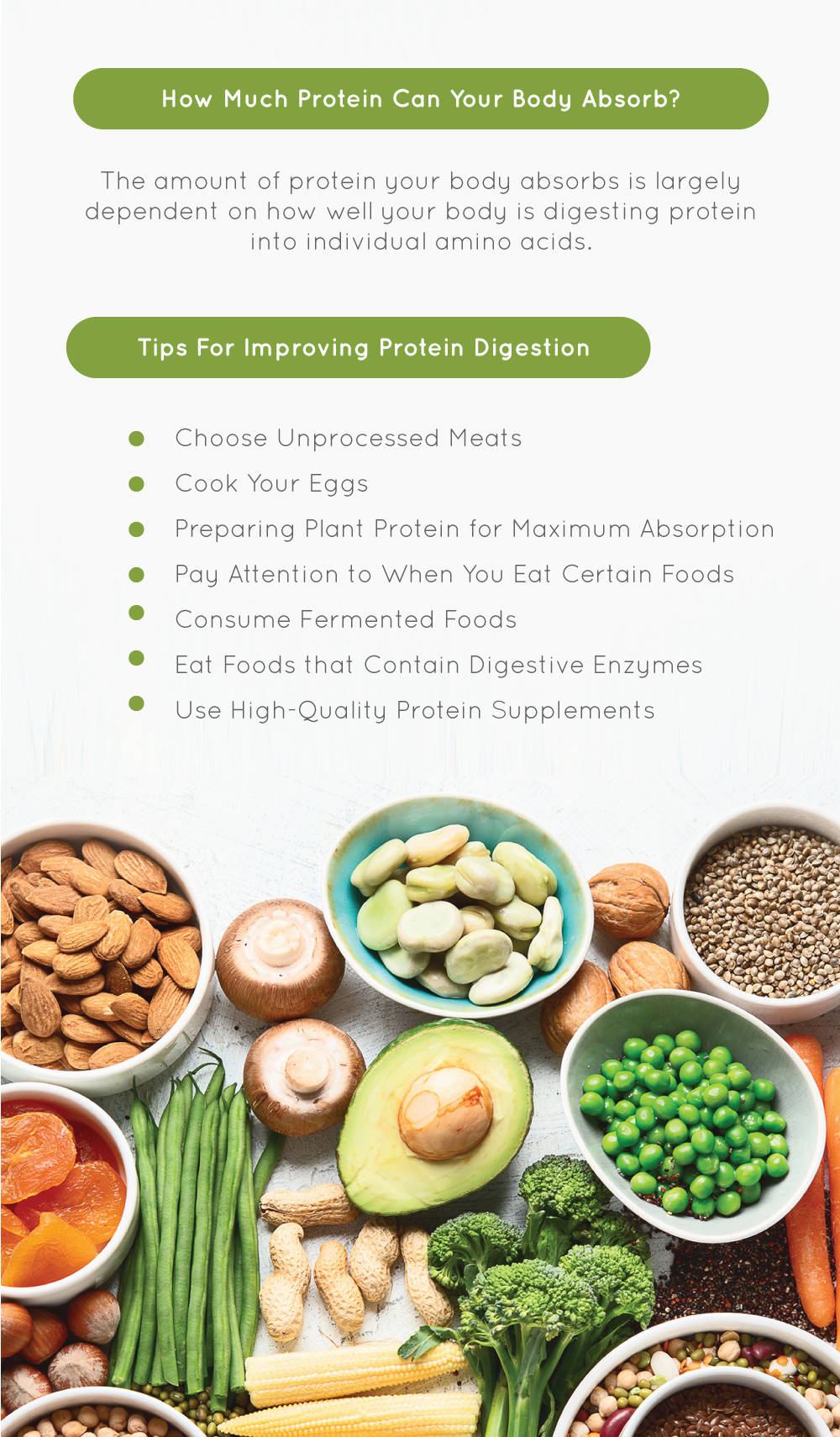
References:
(1) https://www.ncbi.nlm.nih.gov/books/NBK22600/
(2) http://pressbooks-dev.oer.hawaii.edu/humannutrition/chapter/protein-digestion-and-absorption/
(3) https://www.ncbi.nlm.nih.gov/pmc/articles/PMC5828430/
(4) https://www.ncbi.nlm.nih.gov/pmc/articles/PMC4927412/
(5) https://onlinelibrary.wiley.com/doi/full/10.1111/1541-4337.12320

